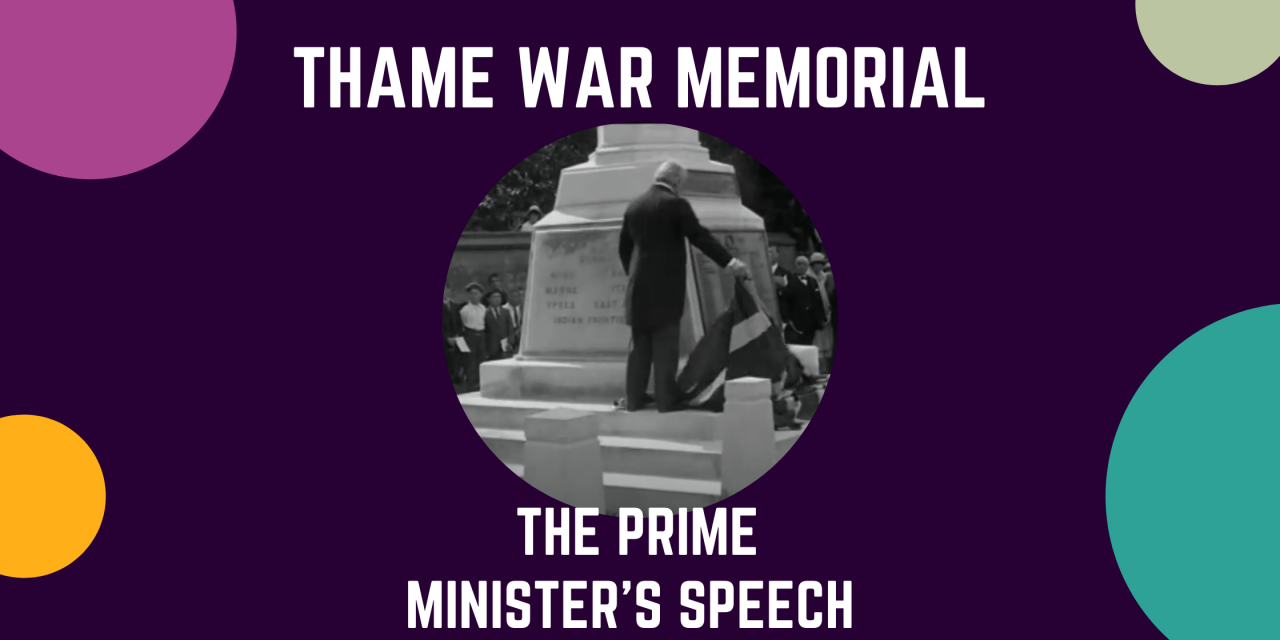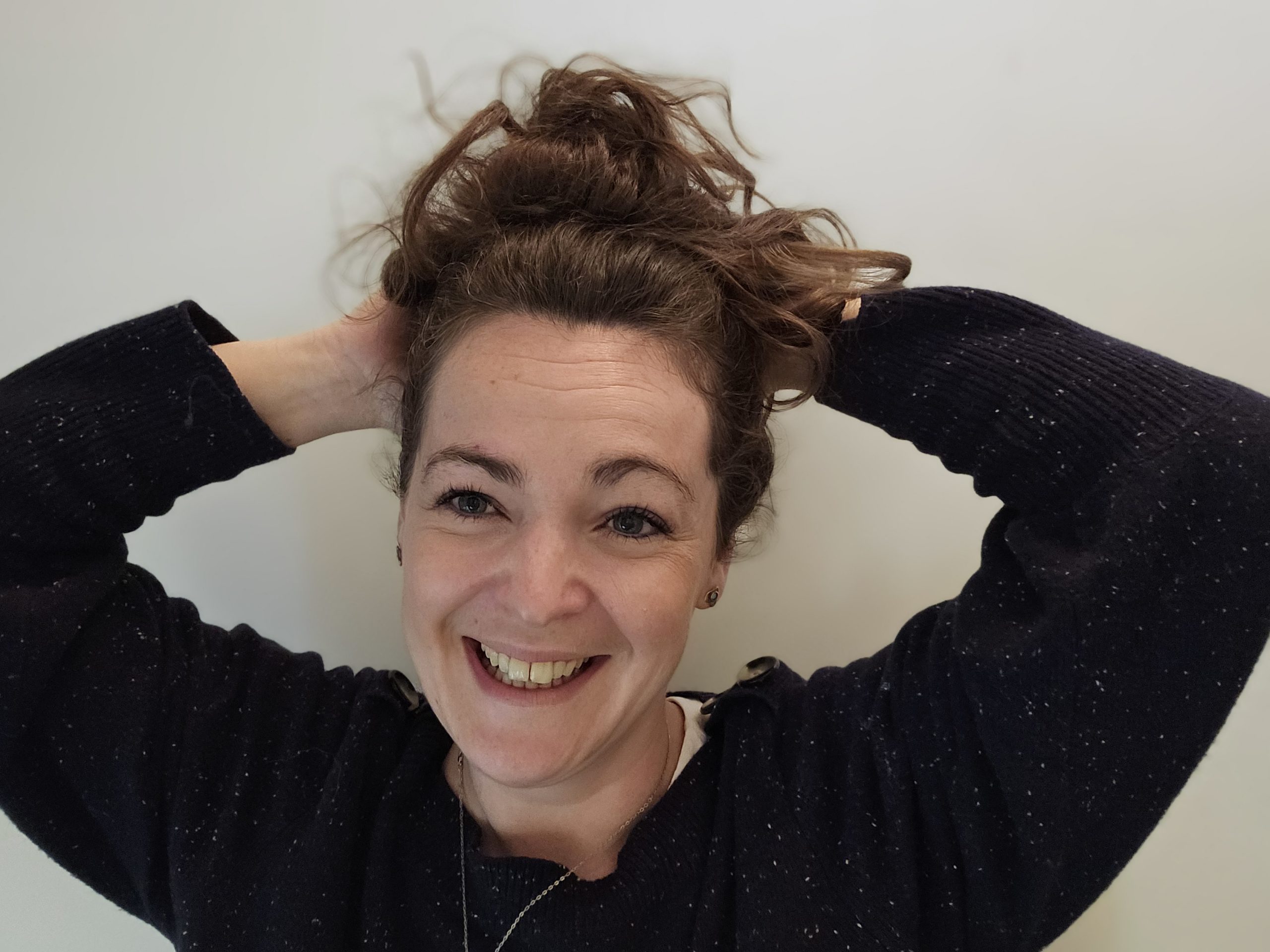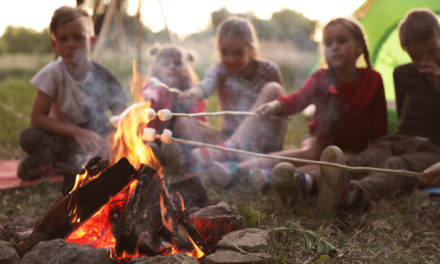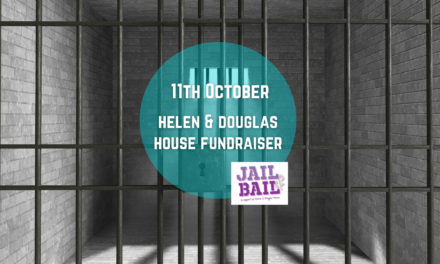“This Memorial erected here, and unveiled today will remind the men, women and children of Thame and the neighbourhood, maybe for centuries to come, of one of the noblest deeds in the history of our race.”
Sonja Francis, in passing over documents associated with thame.net, kindly gave me a printed copy of the Prime Minister’s speech given on 30th July 1921 when the Thame War Memorial was unveiled. I’ve taken the time to type this document up so many more people can read the moving words shared by the Right Honourable David Llyod George regarding the brave men of Thame who lost their lives.
Lest we forget.
Thame War Memorial unveiling – The Prime Minister’s Speech July 30th 1921
The Prime Minister was greeted with rounds of applause as he stepped forward to respond to the vote. He said…
“Mr. Terrell, and – if I may be allowed to do so address you – my neighbours, I despair of making my voice heard —- quarter of the great multitude who have come together on this occasion, but permit me to thank you, Mr Terrell, for the much too kind words you have used in respect of my services —– I am only one of millions who did their best for the old country in the hour of danger. (Applause). I claim no more. We have come here today to unveil a beautiful memorial to 87 men of Thame who laid down their young lives for the freedom and fair play in the world. You have a record in this ancient town of which every inhabitant may well be proud. You have a population, I understand, of somewhere just under 3,000. Out of that number, 600 took part in the Great War, 600 volunteered (applause) – 87 fell and 200 were wounded. It is a great record, it is a — wing record, but a record of which you today ought be proud. One which your children and your children’s children, as long as one— another in Thame, will talk of in thrilling tones of pride. Seven years ago, on a Saturday, just before the Bank Holiday, these young men knew there were clouds in Europe, but they thought not that the thunderbolt would strike them down. Their minds were on the Monday that was coming, how to spend it for themselves and those with whom they were associated. In a few days, they knew that freedom was in danger, that fair play was being trampled on – and there is no more sacred word in the English heart than fair play (applause) – and they volunteered by the hundred to fight in lands they had never seen and probably never dreamt of entering. And this Memorial erected here, and unveiled today will remind the men, women and children of Thame and the neighbourhood, maybe for centuries to come, of one of the noblest deeds in the history of our race. I was here fourteen years ago at the review of the Oxfordshire Yeomanry. I believe the present Lord Chancellor was one of the officers, but I see the Colonel here, and I am delighted to see him – an old friend, although he have been on opposite sides of the House (laughter). I have seen him walk into the wrong lobby many a time, but he always did it genially, and always had the respect and friendship of all men and parties in the house. (Applause).
When they went to camp there were the Lord Chanellor, Mr Winston Churchill and General Seely, and I met one or two officers there at a time. Although they were training for war, I wondered whether there was one of them who ever dreamt that in seven years they would be engaged in the greatest and most terrible war the world has ever seen, and they were.
The First Territorial Regiment to land in France (applause). You have got a great record, and there was your brave young Member who was with one of the Oxfordshire regiments and who fell. I had the honour of knowing him – a gallant and great memory added to the luster of the House of Commons by his heroism. It is a fine story, and you may well be proud of it. It has altered the history of the world. The world goes in a different direction because these 87 men of Thame gave their lives with many others. It has altered the great current of the human story, sent it in the right direction. Do you know what the British Empire raised for the war? The British Empire enrolled and called to the Colours from many lands and nations. 10s of millions of picked men of many races. They fought in three continents and on many oceans. It was the greatest army ever brought together. Ten millions came from every clime, rallied to the same flag and for the same cause. They suffered heavily – 947, 000 young men fell under the flag, the same flag I took in my hand just now, died under it to save its glory. Over two million were wounded and our total casualties were over three million. In addition to this, the burdens which have been cast upon the shoulders of the citizens of the country as the results of the devastating war were enormous. These men, most of who came to the flag voluntarily, fought not to repel the invader from their homes, but for fair play to other countries that were being trampled upon by a ruthless foe. That was an element in the sacrifice which ennobled it. Great as our losses were, those of France were even greater. They were greater in the actual number of their dead and of their wounded, they were still greater in proportion to their population. And France, in addition to the heavy cost of the war, has also to repair her devastated provinces. It is inconceivable that the two countries which made such tremendous sacrifices for a common cause, and through their suffering won a common triumph for that cause, should quarrel over the interpretation of the peace which they achieved at such cost. We have had some differences with France recently over the interpretation of the Treaty, and we have talked very plainly to each other. That is quite right. Plain speaking generally leads to good understanding (applause). Thoughts working in concealment are dangerous. It is much better to have it out, and we have both done so, with the most excellent results. We are, I believe, today on the high road to an understanding (applause). The preliminary difficulties which were causing trouble have, I am glad to tell you, been accommodated, and it has been arranged that the Allies meet in a few days to settle this vexed question – and I hope finally. Britain only claims that she must have a voice in the interpretation of a peace she made such a sacrifice to win. She doesn’t not claim a predominant voice or a determining voice – that would be so arrogant a demand that no self-respecting ally could possibly tolerate it. We only ask for an equal voice (applause). We are prepared to go beyond that. We recognise fully that the greater sacrifices of France give her a special claim for consideration, that her interests are more immediate in some of these questions, that the dangers are closer to her frontiers, more visible to her eyes, that historical causes, some of them recent and very fresh in her memory, make her apprehensions more vivid and poignant than ours. We are willing to allow for all that. I would only respectfully say that these considerations, although they give France a better right to a hearing for her case, are not of a character, which is apt to deflect calm judgement. The British has but one concern in all of these questions – that the peace so dearly won should be a real peace, should be an immediate peace. A deferred peace is half a war. Let us have the peace, which this noble blood was shed to purchase. They did not die in that nations should continue to hurl hatred at each other and organize against each other even bloodier conflicts than those in which they fell. If Britain seems to be always restraining, always counselling patience, always urging moderation in the affairs of Europe, it is because the terrible war has taught us the value of peace. Our sole anxiety is lest the Allies, by an unwise and harsh use of their undoubted power, should roll deeper and firmer into the soil of roots of future conflict, which were withering, on the surface in the sunshine of the great victory (applause). If there is another war, it will be terrible beyond thought. The machinery of destruction during the war was becoming more terrible year by year, month by month. Just before the bells of peace were set ringing we had already more horrible machinery than the world had yet seen. I doubt not that similar devices were perfecting on the other side. The ingenious mind of man will go on developing those horrors. Were another war to fall upon the world, I will tell you from my own knowledge of what was going on, what developments are capable of being made, civilisation would be destroyed. Europe might become as the North of France. We must be aware lest we bequeath to our children a legacy of concentrated hate which will one day explode shattering their happiness and leaving the world a wilderness and man a gaunt wanderer amongst the ruins of the civilisation his folly has destroyed. That was not what the gallant young men of Thame died for (Applause). Should this happen, those gallant young men will have died in vain. Millions more brave men on five continents will have sacrificed their lives to no good purpose. That is the reason why, as the whole might of the British Empire was, in August 1914, cast into war, today the same power is thrown into the scales of peace (applause).











